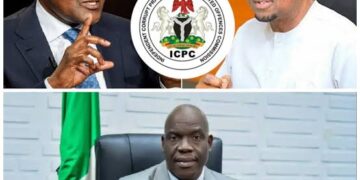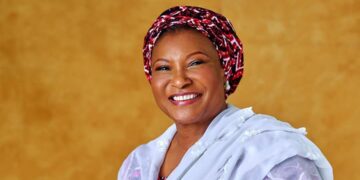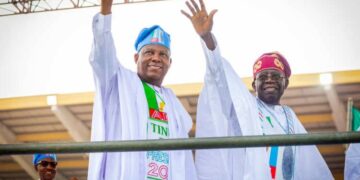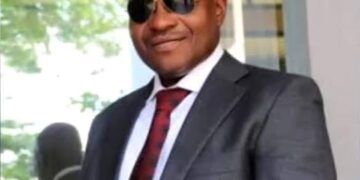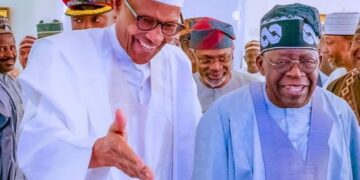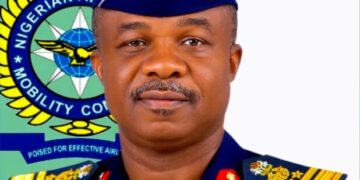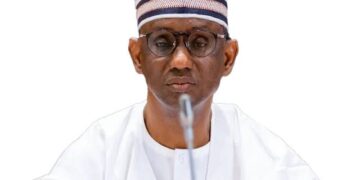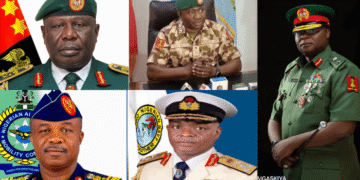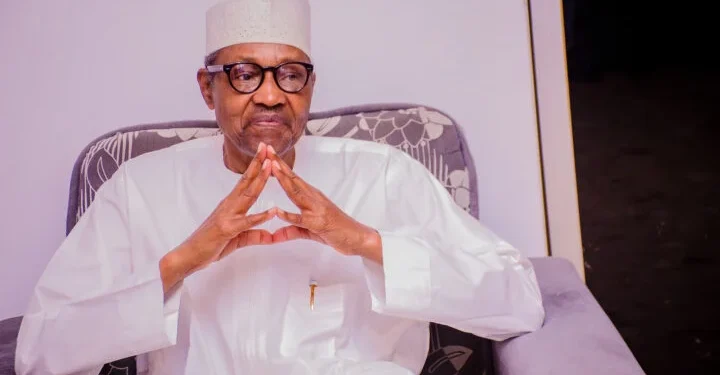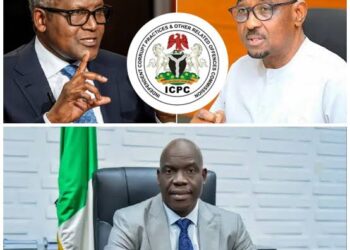Former presidential spokesperson Garba Shehu has disclosed that ex-President Muhammadu Buhari turned down a proposed N10 million monthly food budget and rejected the purchase of new cars shortly after assuming office in 2015.
Shehu made these revelations in his newly released memoir, According to the President: Lessons from a Presidential Spokesperson’s Experience, which was unveiled on Wednesday in Abuja.
The book chronicles Shehu’s eight-year journey as Buhari’s media aide and offers behind-the-scenes glimpses into the workings of the State House.
According to Shehu, not long after Buhari’s inauguration, officials proposed increasing the State House food budget — which covered meals for the President, Vice President, guest houses, and official banquets — to N10 million. But Buhari was reportedly taken aback by the figure.
“Look at my table, what do I eat? How much does it cost?” Buhari reportedly asked.
Commenting on the former president’s eating habits, Shehu noted that Buhari consistently maintained a modest and healthy diet throughout his tenure.
“Regarding his simple lifestyle, as president, most of the things he ate were very basic food that is recognisable and associated with and consumed by the lower strata of the Nigerian society: tuwo (dough-like dishes made from grains), pap, akara (bean cake), beans, wheat, plenty of salads, poultry and mutton. He ate healthily,” he said.
Shehu further recalled Buhari’s refusal to endorse the acquisition of five customised Mercedes-Benz vehicles.
He explained that the cars had been ordered in the closing days of the Goodluck Jonathan administration, with N400 million already released for the procurement.
“The proposal to buy the vehicles had been made at the twilight of President Jonathan’s administration.
But Buhari asked, ‘What is wrong with the cars left behind by the former president?’ and added, ‘They are all right for my use,’” Shehu wrote.
Instead of approving the purchase, Buhari instructed the then Permanent Secretary of the State House, Nebolisa Emodi, to focus on reducing operational costs and improving financial management.
“He instructed that all State House expenses must stay within the approved budget and that reliance on the so-called Presidential Intervention Funds must end,” Shehu stated.
Shehu added that Buhari continued to use vehicles inherited from his predecessor until one eventually broke down while en route to the airport, forcing a reluctant replacement.
He also highlighted that Buhari spent his early months in office consulting with permanent secretaries and heads of federal agencies to fully grasp the scale of Nigeria’s challenges — a decision that contributed to the delay in ministerial appointments and drew public criticism at the time.

